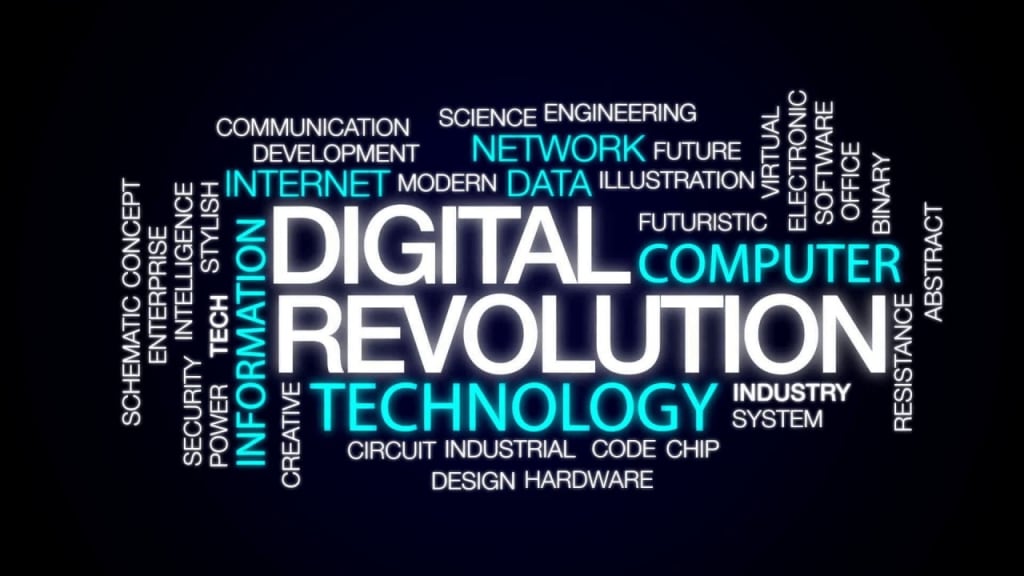
Digital Revolution
The digital revolution has transformed our world, ushering in a new era of connectivity, innovation, and convenience. With the advent of digital technologies, our lives have become intertwined with the virtual realm, enabling us to access information, communicate, and conduct business with unprecedented ease. In this article, we will explore the profound impact of the digital revolution across various domains, highlighting its benefits, challenges, and the future it holds.
Introduction: The Dawn of the Digital Revolution
The digital revolution refers to the rapid advancement and integration of digital technologies into various aspects of our society. It started gaining momentum in the late 20th century, with the widespread adoption of personal computers and the internet. Since then, the digital revolution has been an unstoppable force, shaping our daily lives, industries, and the global economy.
What is the Digital Revolution?
The digital revolution encompasses a wide range of technologies, including the internet, smartphones, artificial intelligence, cloud computing, and the Internet of Things (IoT). These technologies have revolutionized the way we communicate, access information, conduct business, and interact with the world around us. They have disrupted traditional industries and created new opportunities for innovation and growth.
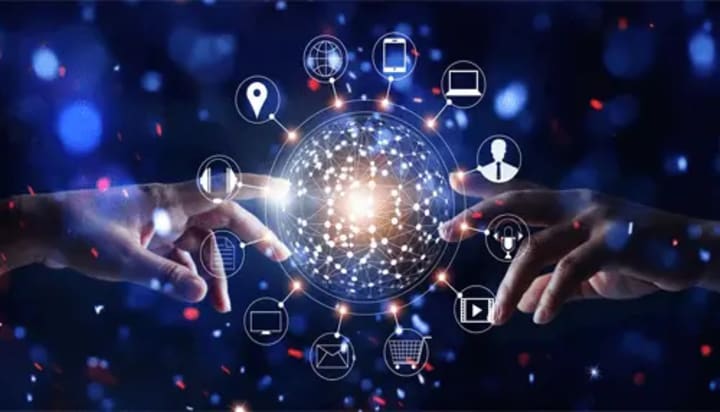
The Impact of Digital Revolution on Communication
Connectivity and Access to Information
One of the most significant impacts of the digital revolution is the unprecedented connectivity it has brought. The internet has bridged geographical boundaries, allowing people from all corners of the world to connect and exchange information in real-time. Today, we can instantly communicate with friends, family, and colleagues across the globe through various digital platforms and social media networks.
Evolution of Social Media Platforms
Social media platforms have become an integral part of our lives, transforming the way we share, interact, and consume content. From Facebook to Instagram, Twitter to TikTok, these platforms have revolutionized communication, enabling individuals, businesses, and organizations to connect, engage, and build communities online. They have also become powerful tools for marketing, brand promotion, and customer engagement.
Transformation of Advertising and Marketing
The digital revolution has disrupted traditional advertising and marketing methods. Today, businesses can reach their target audience more effectively through targeted online ads, search engine optimization (SEO), and content marketing strategies. The rise of influencer marketing and user-generated content has further transformed the advertising landscape, allowing brands to engage with consumers in a more authentic and personalized way.
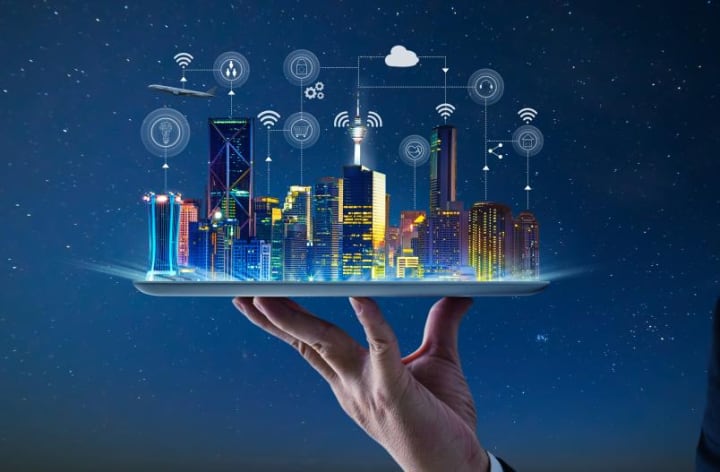
Digital Transformation in Industries
E-commerce and Retail
The digital revolution has revolutionized the retail industry, giving rise to e-commerce giants like Amazon, Alibaba, and eBay. Consumers can now shop online from the comfort of their homes, without the hassle of visiting physical stores. The convenience of online shopping, coupled with secure payment gateways and fast delivery services, has transformed the way we purchase goods and services.
Healthcare and Telemedicine
Digital technologies have had a profound impact on the healthcare industry, enabling the delivery of remote healthcare services and improving patient outcomes. Telemedicine allows patients to consult with healthcare professionals through video calls, eliminating the need for in-person visits for minor ailments. Additionally, digital health records, wearable devices, and mobile apps have empowered individuals to take control of their health and wellness.
Education and E-learning
The digital revolution has disrupted traditional educational systems, opening up new avenues for learning and knowledge acquisition. E-learning platforms offer a wide range of courses and educational resources accessible to anyone with an internet connection. Online learning provides flexibility and personalized learning experiences, making education more inclusive and accessible to individuals of all backgrounds and ages.
The Influence of Digital Revolution on Work and Employment
Remote Work and Freelancing
Advancements in digital technology have revolutionized the way we work. Remote work has become increasingly popular, allowing employees to work from anywhere with an internet connection. This flexibility offers numerous benefits, such as improved work-life balance, reduced commuting, and access to a global talent pool. Freelancing platforms have also flourished, enabling individuals to offer their skills and services independently.
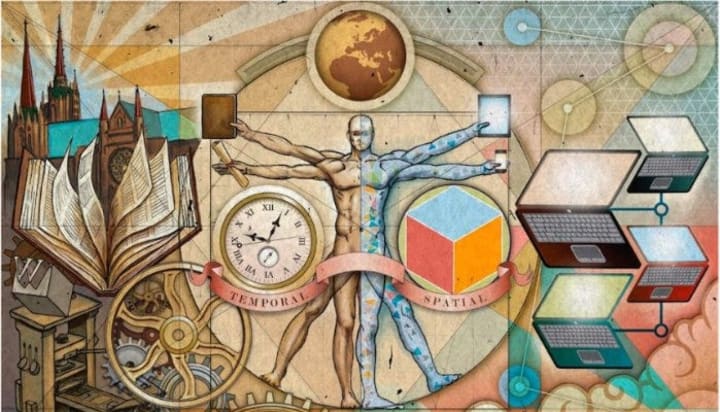
Automation and Artificial Intelligence
The digital revolution has brought forth automation and artificial intelligence (AI), transforming industries and reshaping the job market. AI-powered systems can perform repetitive tasks more efficiently and accurately, leading to increased productivity and cost savings for businesses. However, concerns arise regarding job displacement, and it becomes crucial for individuals to adapt their skills to the changing job landscape.
Gig Economy and Digital Nomads
The rise of the gig economy, fueled by digital platforms, has created new opportunities for freelancers and independent workers. People can now take on short-term projects, offer services, and monetize their skills through online platforms like Uber, Upwork, and Airbnb. Digital nomads, individuals who leverage technology to work remotely while traveling, have emerged as a new trend, blurring the boundaries between work and leisure.
Enhancing Customer Experience through Digital Innovation
Personalization and Customization
The digital revolution has enabled businesses to provide personalized experiences to their customers. Through data analytics and machine learning algorithms, companies can gather insights into customer preferences and behavior. This information allows them to tailor products, services, and marketing messages to individual customers, enhancing customer satisfaction and loyalty.
Augmented Reality and Virtual Reality
Augmented reality (AR) and virtual reality (VR) technologies have revolutionized the way we experience digital content. AR overlays digital information onto the real world, enhancing our perception and interaction with the environment. VR creates immersive virtual experiences, transporting users to simulated environments. These technologies have applications across various industries, from gaming and entertainment to training and simulations.
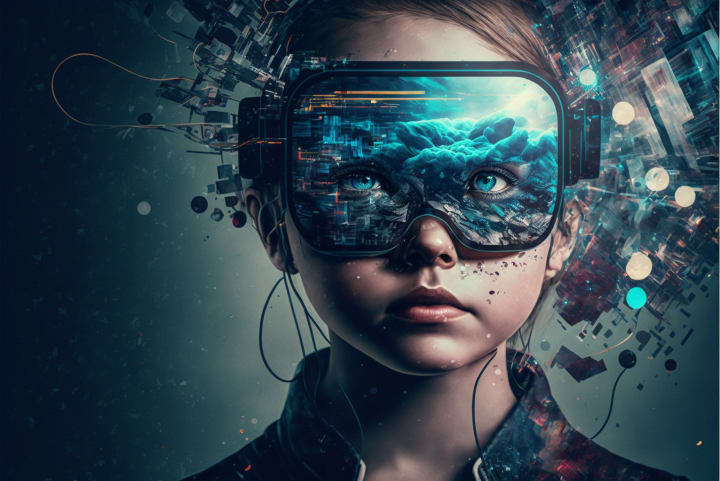
Voice Assistants and Chatbots
Voice assistants, such as Amazon's Alexa, Apple's Siri, and Google Assistant, have become an integral part of our lives. These intelligent digital assistants respond to voice commands, performing tasks like setting reminders, playing music, or providing information. Chatbots, on the other hand, use natural language processing to interact with users and provide customer support. They have streamlined customer service processes and improved response times.
The Dark Side of the Digital Revolution
Privacy and Data Security Concerns
As our lives become increasingly digitized, concerns about privacy and data security have emerged. The collection, storage, and utilization of personal data raise ethical and legal questions. Data breaches and cyberattacks pose significant risks, highlighting the need for robust security measures and regulations to protect individuals' privacy.
Digital Addiction and Mental Health Impacts
The addictive nature of digital technologies, such as social media platforms and online gaming, has raised concerns about digital addiction. Excessive screen time and constant connectivity can have detrimental effects on mental health, leading to increased feelings of loneliness, anxiety, and depression. It is important for individuals to maintain a healthy balance and practice digital well-being.
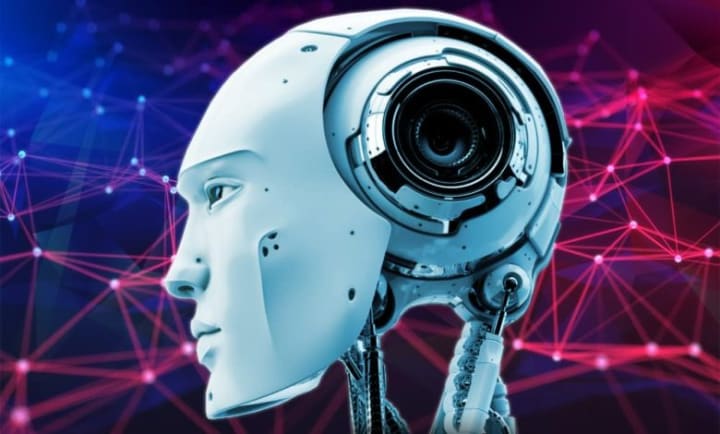
Growing Digital Divide
While the digital revolution has brought numerous benefits, it has also widened the gap between those who have access to technology and digital resources and those who don't. This digital divide disproportionately affects disadvantaged communities and rural areas, limiting their opportunities for education, employment, and social connection. Efforts should be made to bridge this gap and ensure equal access to digital resources for all.
Embracing the Digital Revolution: Opportunities and Challenges
Digital Literacy and Skills Development
As the digital revolution continues to reshape our world, acquiring digital literacy and developing relevant skills become paramount. Individuals need to adapt to new technologies, understand digital platforms, and possess the necessary skills to navigate the digital landscape effectively. Lifelong learning and upskilling become essential to thrive in the digital age.
Adaptability and Continuous Learning
The digital revolution is characterized by constant change and rapid innovation. To stay relevant and competitive, individuals and businesses must embrace adaptability and a mindset of continuous learning. Embracing new technologies, exploring emerging trends, and being open to change are key to seizing the opportunities presented by the digital revolution.
Ethical Considerations and Responsible Use
As technology advances, ethical considerations surrounding its use become crucial. Issues such as data privacy, algorithmic biases, and the responsible use of artificial intelligence need to be addressed. Individuals and organizations must prioritize ethical practices, transparency, and accountability to ensure that the digital revolution benefits society as a whole.
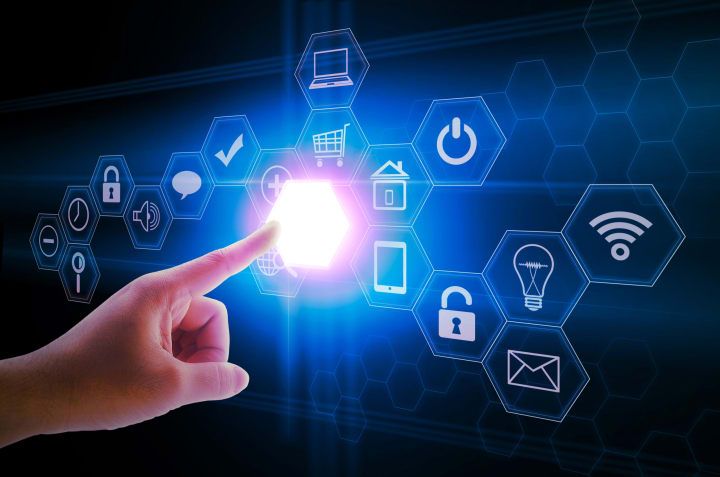
Conclusion
The digital revolution has transformed every aspect of our lives, from how we communicate and work to how we access information and experience the world. While it brings immense opportunities for innovation, growth, and convenience, it also presents challenges in terms of privacy, mental health, and the digital divide.
By embracing digital literacy, adapting to change, and practicing responsible use, we can harness the power of the digital revolution for the betterment of individuals, communities, and society as a whole.
About the Creator
Navanithe
I am an enthusiastic, self-motivated, reliable, responsible, and hard-working person. I am a mature team worker and am adaptable to all challenging situations. I am able to work well both in a team environment and on my own initiative.


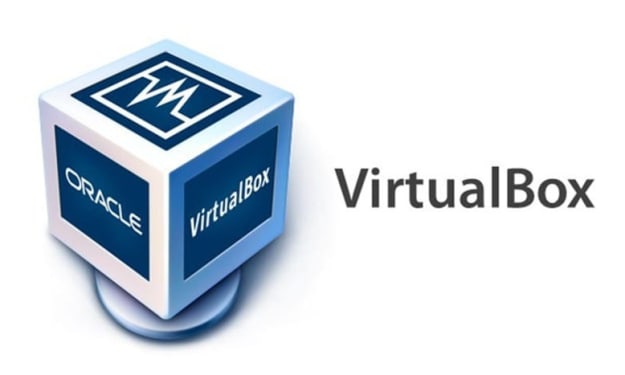



Comments
There are no comments for this story
Be the first to respond and start the conversation.